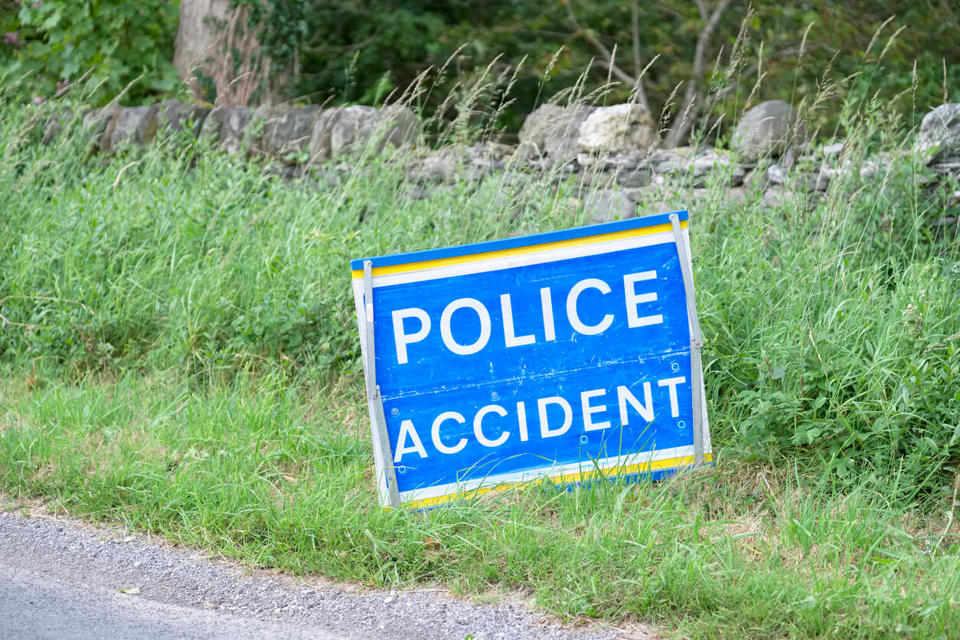Wide-ranging proposals to cut the number of deaths on the roads have been revealed by road safety minister Jim Fitzpatrick today.
The minister's announcement is part of the Department for Transport's preparations for the publication of its next road safety strategy, which is due to begin next year.
One of the minister's measures is a major overhaul of the driver training and testing process.
In addition, new speed limits will be introduced on A roads - reducing them from 60 to 50mph - and on roads arounf schools and in residential areas - reducing them from 30 to 20mph.
A new expert panel will also be created to investigate road safety to help deliver the Government's plans to cut road deaths by a third by 2020 and make Britain's roads the safest in the world.
Van drivers will also be given the chance to enhance the skills they need for their work through a new qualification.
"It is intolerable that eight people are still dying on our roads each day," said Fitzpatrick.
"We want to make Britain's roads the safest in the world."
The proposals within the draft road safety strategy for 2010-2020 - A Safer Way: Consultation on Making Britain's Roads the Safest in the World - include:
* New guidance to ensure all roads have the right speed limit. This will recommend that local authorities:
- Review speed limits on single carriageway rural roads, reducing the limit on the more dangerous roads where this will have a significant impact on casualties.
- The formation of a new independent expert panel to identify issues and trends from fatal accidents and provide an annual report on road safety to Ministers and Parliament.
- New targets to cut road deaths by one-third by 2020, to halve the number of child deaths and serious injuries on the roads and to halve the rate of road death and serious injury to pedestrians and cyclists per kilometre travelled.
- Alongside the draft strategy, a programme of measures to reform the driver training and testing process are also published today in response to the Learning to Drive consultation conducted last year.
Almost 7,000 people responded to the radical plans and the Driving Standards Agency will now:
- Roll out a new voluntary pre-driver qualification in safe road use for 14-17-year-olds. Successful completion will provide a partial credit for the theory test, allowing learner car drivers to take an abridged test from October this year.
- Introduce case studies into the theory test to better assess whether learners have understood driving or riding theory, also from this October.
- Develop a new vocational qualification for van drivers, helping them to enhance the skills they need to drive for work.
- Improve the practical test by introducing an assessment of a candidate's ability to drive independently without detailed instructions from the examiner, as well as requiring the supervising driver to accompany the candidate during the test to help unsuccessful candidates understand feedback from examiners and help tailor further learning.
- Improve the content of the Pass Plus scheme to maximise both take up and the incentives offered by insurers to drivers who complete the scheme.
- Launch a trial of the new Learning to Drive syllabus, which sets out all the aspects of driving that are needed to be a safe driver.
- Bring forward proposals to modernise driver training including providing learners with more information to help them to choose an instructor.
Later this week, the DfT will launch the first phase of the new THINK! road safety education programme, with resources, activities and materials for early- years and upper- primary children, teachers , parents and Road Safety professionals.
The website address will be www.dft.gov.uk/think/education
















Login to comment
Comments
No comments have been made yet.